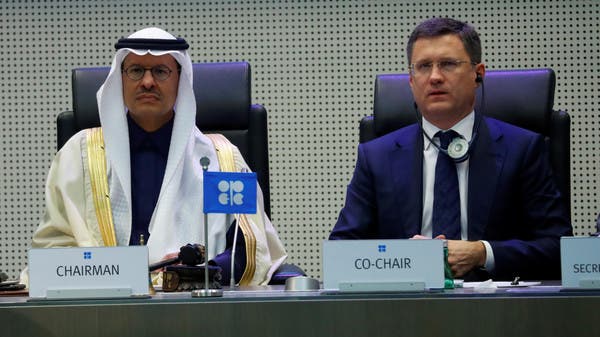
- ARAB NEWS
- 15 Jul 2025

Shortly before Saudi Aramco published its official selling prices for August, the Wall Street Journal carried a piece headlined “Saudis Threaten New Oil-Price War With OPEC Brethren.”
It argued that the Kingdom threatened to ignite another “price war” because Nigeria and Angola were not complying with earlier agreed production cuts among OPEC+ producers.
But we should not confuse the enforcement of an agreement with the threat of a price war. The same term was used liberally across the oil market media back in April after prices plunged to historical lows. That drop was triggered first and foremost by a massive drop in demand arising from the rollout of lockdowns worldwide.
The lower official selling prices published by Aramco for April reflected that unprecedented weak demand, before the OPEC+ group of exporters agreed to cut supplies in an effort to re-balance the market.
Saudi Arabia has achieved much in leading the largest output cuts in history to contain what has also been the biggest oil shock in history.
Faisal Faeq
The latest price war noise is somewhat ironic as it comes at a time of increased harmony among exporters. It is a misleadingly belligerent term and deflects from the progress made both by Saudi Arabia and other producers under the OPEC+ umbrella in reducing oil price volatility, on which global economic security so heavily depends.
Indeed the Kingdom has achieved much in leading the largest output cuts in history to contain what has also been the biggest oil shock in history.
Securing the compliance of more than 20 oil producers, all with very different circumstances and all with very different agendas, is more a triumph of diplomacy and hardly the result of sabre-rattling.
Similarly, remaining competitive is not an act of economic war, but sound business sense.
The Saudi energy minister summarized it like this:
“A price war is when you are under-pricing heavily, with a view to try and restrain other producers to sell in a particular market. That is not our case. People wait until we do our pricing, and then they assess their pricing according to ours.”